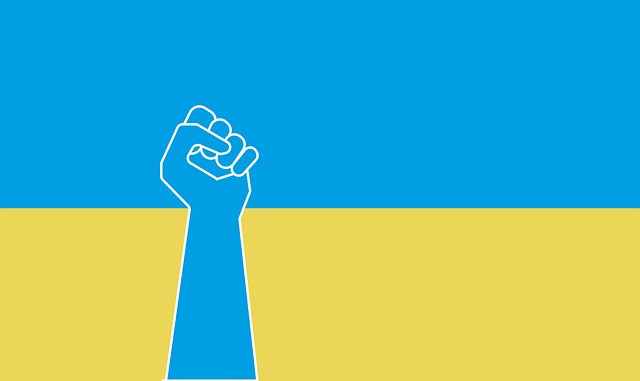Oregon's Child Welfare Legal Support Network provides crucial legal aid and navigation through complex child protective proceedings for low-income families, foster parents, and guardians. Offering court representation, guidance on legal rights, assistance with paperwork, and referrals to community organizations, the network ensures fairness and enhances the well-being of children and their families. By leveraging these legal support services, individuals are empowered to protect parental rights and navigate Oregon's child welfare system effectively.
In Oregon, the child welfare legal support network offers vital resources for families facing complex legal issues. Understanding this intricate system is crucial for those seeking legal aid in child welfare cases. This article delves into the Oregon Child Welfare Legal Support Network, outlining who qualifies for assistance and providing a comprehensive guide to navigating the process. Discover valuable legal resources and support services designed to help Oregonians protect their rights and find resolution in child welfare matters.
- Understanding Oregon's Child Welfare Legal Support Network
- Who Qualifies for Legal Aid in Oregon Child Welfare Cases?
- Navigating the Process: Getting Legal Help for Oregon Child Welfare Issues
Understanding Oregon's Child Welfare Legal Support Network

Oregon’s Child Welfare Legal Support Network is a vital resource for families and guardians involved in child protective proceedings. This network provides much-needed legal aid, ensuring that all parties have access to information and representation. The primary goal is to navigate the complex legal system, offering support throughout the process. By connecting individuals with qualified attorneys specializing in child welfare law, the network facilitates a fair and just outcome for all involved.
The network’s services extend beyond legal representation, encompassing a range of resources tailored to meet the unique needs of families. This includes guidance on understanding legal rights, assistance with court paperwork, and referrals to community organizations that offer additional support. By fostering collaboration between legal professionals and community groups, Oregon aims to enhance the overall well-being of children and their families.
Who Qualifies for Legal Aid in Oregon Child Welfare Cases?

In Oregon, individuals involved in child welfare cases have access to a robust network of legal support designed to ensure their rights are protected. Legal aid is available for those who meet specific criteria, focusing on providing assistance to those who cannot afford an attorney. This includes low-income families, foster parents, and guardians ad litem. The primary goal is to navigate the complex legal landscape surrounding child welfare, ensuring fairness and justice for all parties involved.
Qualifying for legal aid in Oregon child welfare cases typically requires demonstrating financial need and a connection to the state’s designated legal aid organizations. These organizations offer a range of services, from representation in court proceedings to guidance on rights and responsibilities. They also provide resources for understanding and complying with legal requirements, fostering a more informed and proactive approach to child welfare matters.
Navigating the Process: Getting Legal Help for Oregon Child Welfare Issues

Navigating the complex world of child welfare law can be daunting for parents or guardians facing challenges with Oregon’s Department of Human Services (DHS). However, seeking legal help is a vital step to ensure your rights are protected and the best interests of your child are served. The good news is that Oregon boasts a robust network of legal support resources dedicated to providing assistance in these matters.
These legal support services are designed to guide individuals through the intricate processes involved in child welfare cases, offering expertise in navigating the system. Whether it’s understanding removal orders, fighting false allegations, or advocating for family reunification, legal aid organizations have the knowledge and tools to help. They provide counseling, representation, and resources tailored to Oregon’s unique legal landscape, ensuring those affected by child welfare issues are not alone in their fight.
